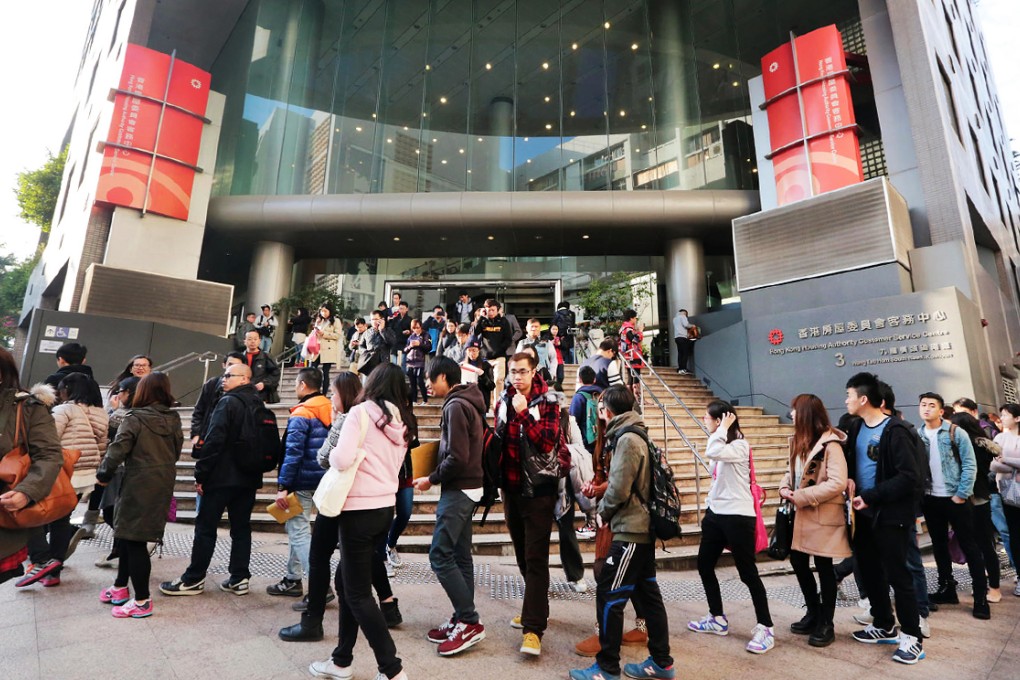Hong Kong property to take centre stage again in 2015
Property set to replace political movements as key topic for government

While political movements dominated 2014, the major feature in the city this year will be something more familiar - property.
With home prices soaring last year, especially for small units, analysts have urged the government to unveil a more comprehensive land-supply programme to stabilise the market.
Chief Executive Leung Chun-ying is due to deliver his policy address on Wednesday.
Alfred Lau, head of property research at Bocom International, said the chief executive had made an effort to increase land supply over the past few years.
"But the government should update the progress of future housing supply in a timely manner in order to enhance the visibility of the pipeline rather than just quoting the long-term target. This would also help reduce rush purchases from those who may not have immediate housing demand," he said.
Hong Kong home prices rose for the seventh straight month in November, albeit at a slower pace, according to the Rating and Valuation Department.